Cashmere Hair Extensions

NO DEAL
EPISODE SUMMARY

Asking For:
$45,000 for 15%
Investor:
No Deal
Deal:
No Deal
PRODUCT SUMMARY
Cashmere Hair Girls offer clip-in hair extensions made of 100% Indian hair to help women enhance their natural hair.
WATCH HERE
IN A RUSH?
Click these to jump to the section you want to read.
Background Story
Rachel and Melissa, the dynamic duo behind Cashmere Hair Girls of Beverly Hills, hail from the epitome of glamour itself – Beverly Hills, California. Rachel, a seasoned professional hair stylist and extension expert, brings over a decade of experience in the beauty industry to the table. Her expertise in creating stunning hair transformations for her clients, combined with her keen eye for quality, laid the foundation for Cashmere Hair. Melissa, on the other hand, boasts a successful career as a model spanning ten years.
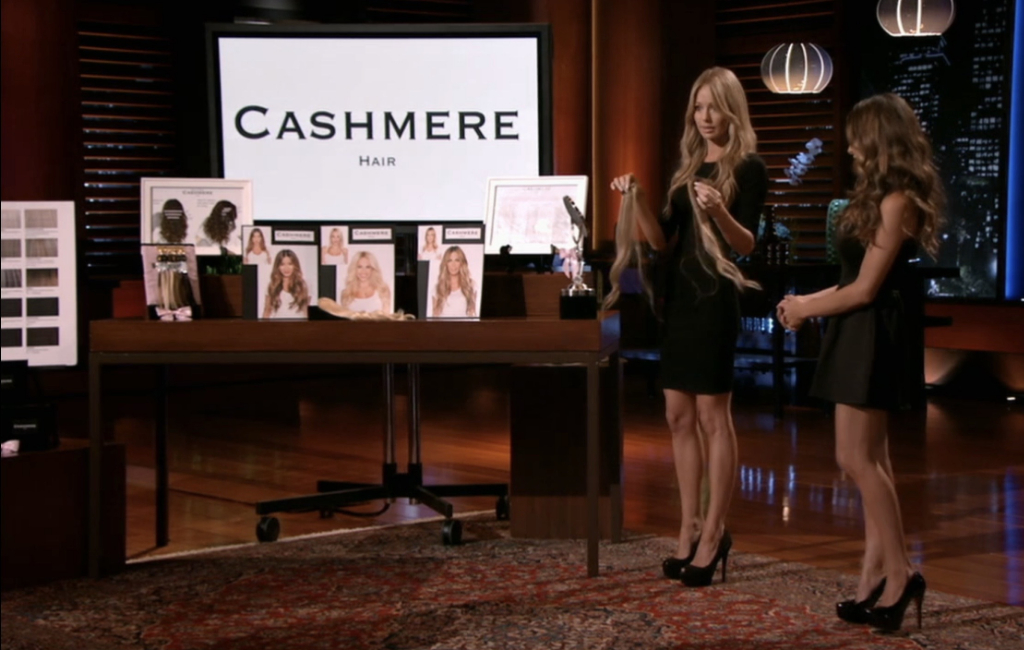
Having worn hair extensions herself for many years, she intimately understands the struggles and desires of women seeking to enhance their natural beauty. Melissa’s firsthand experience with various hair extension brands fueled her passion to create a product that would surpass all others in terms of quality and effectiveness. The idea for Cashmere Hair was born out of frustration with the lack of premium quality clip-in extensions available on the market. Rachel and Melissa saw an opportunity to fill this gap by providing women with luxurious extensions made from 100% Indian hair.
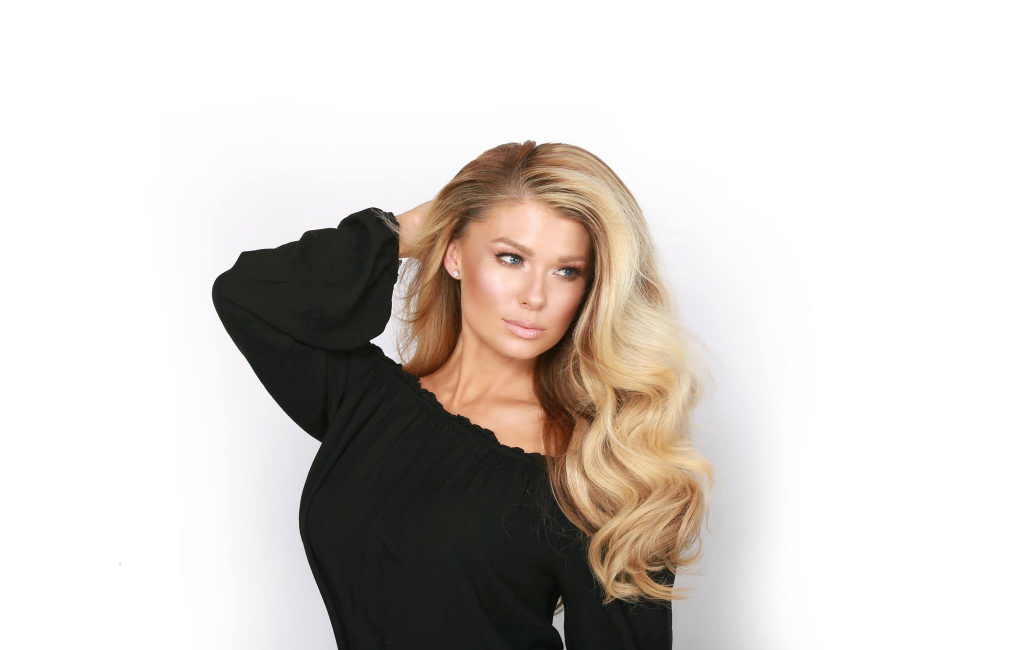
They embarked on a journey to create a brand that would not only offer superior quality but also empower women to achieve their desired look effortlessly. With a shared vision and a commitment to excellence, Rachel and Melissa teamed up to launch Cashmere Hair Girls of Beverly Hills. Their mission is to provide women with top-of-the-line clip-in extensions that blend seamlessly with their natural hair, allowing them to express their unique style with confidence and ease.
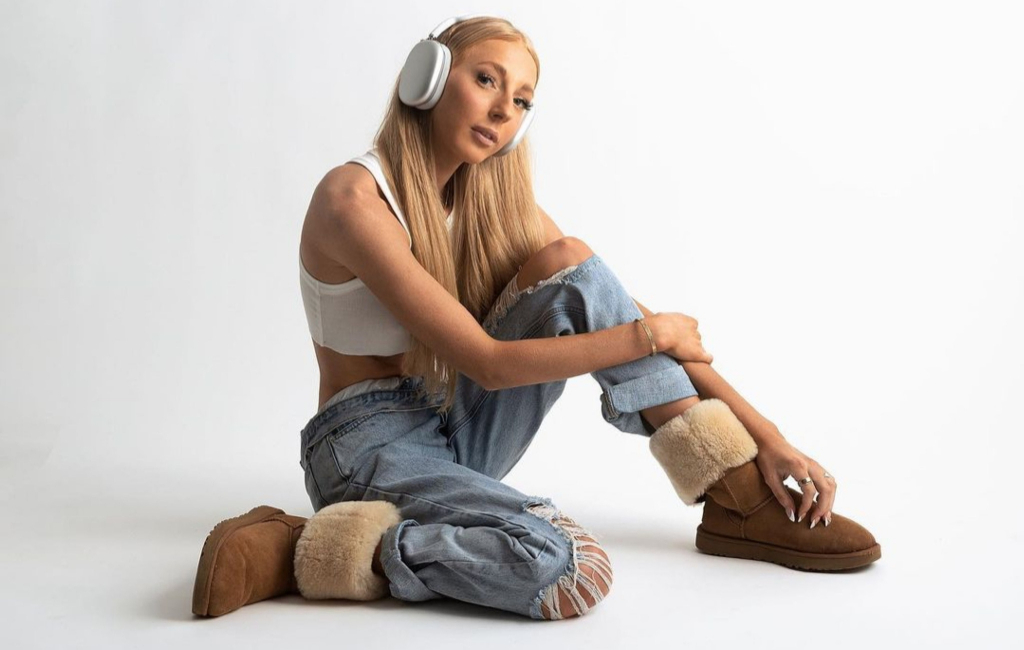
The Product
Cashmere Hair offers a premium range of clip-in hair extensions crafted from 100% Indian hair, renowned for its exceptional quality and durability. These extensions are meticulously designed to seamlessly blend with natural hair, providing a flawless and natural-looking enhancement. Each set of Cashmere Hair extensions consists of seven tracks, ensuring full coverage and versatility for various hairstyles. The extensions are available in a range of shades to match different hair colors, allowing customers to find their perfect match effortlessly.
The clip-in design of Cashmere Hair extensions makes them incredibly easy to apply and remove, requiring no professional assistance. Whether for adding length, volume, or highlights, these extensions offer endless styling possibilities, empowering women to achieve their desired look in minutes. Cashmere Hair extensions are marketed as a high-end option due to their superior quality compared to cheaper alternatives on the market.
They are priced at $399 per set, reflecting the premium craftsmanship and luxurious feel of the product. Customers can purchase Cashmere Hair extensions directly from the company’s website, where they can browse the available shades, view instructional videos, and make their selection with confidence. With a commitment to quality and customer satisfaction, Cashmere Hair aims to provide women with the ultimate hair enhancement experience.
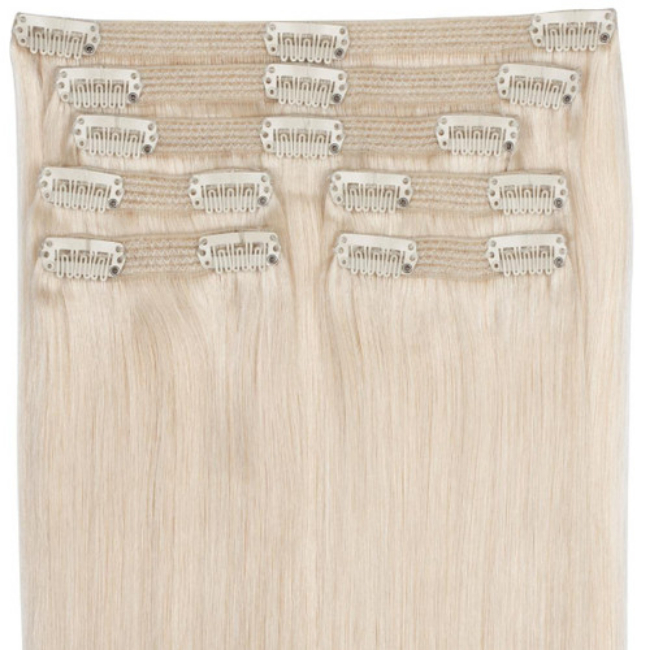
How It Went
The company’s position before Shark Tank
Cashmere Hair Girls of Beverly Hills has demonstrated promising growth since its inception, with a strong foothold in the competitive hair extension market. The company’s performance reflects its dedication to providing premium quality products and exceptional customer service. Despite facing challenges in scaling up operations, Cashmere Hair has made significant strides in establishing itself as a reputable brand. Cashmere Hair has forged partnerships with select retailers and distributors to expand its reach and increase accessibility to its products. These partnerships enable Cashmere Hair to tap into new markets and target a wider audience of hair enthusiasts.
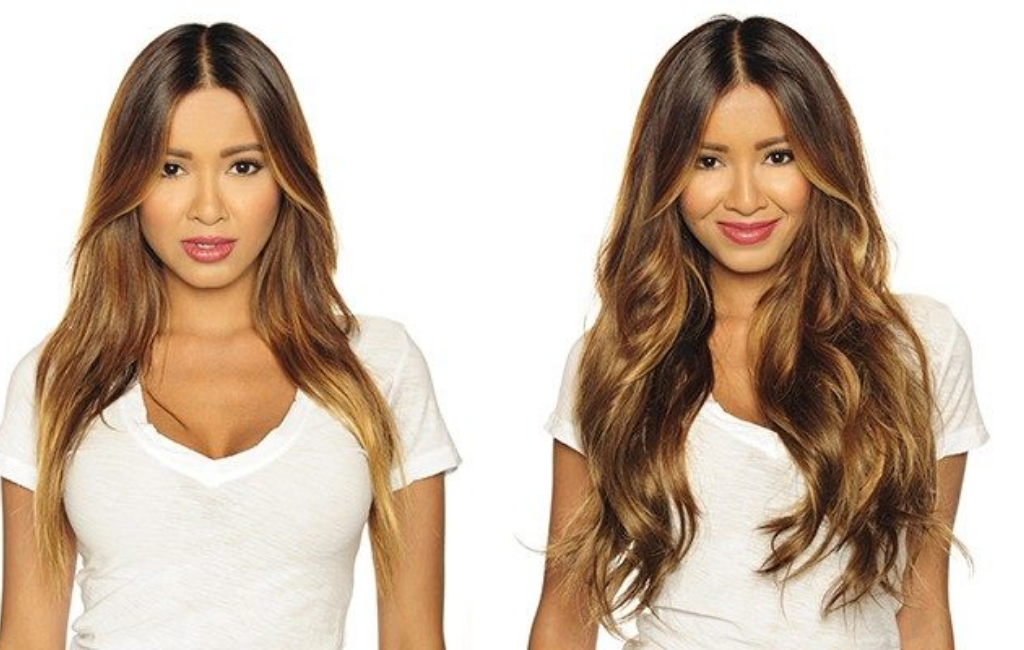
The company primarily sells its products directly to consumers through its online platform, allowing for a personalized shopping experience and efficient order fulfillment. Cashmere Hair’s customer base consists of fashion-forward individuals, beauty professionals, and influencers seeking high-quality hair extensions for various styling needs. In terms of funding, Cashmere Hair has relied on a combination of sales revenue and strategic investments to support its growth and development initiatives. While the company has experienced steady revenue growth, it continues to explore opportunities for additional funding to accelerate expansion efforts.

Profitability remains a key focus for Cashmere Hair as it strives to balance growth with financial sustainability. While specific financial figures are not disclosed, the company closely monitors its profits and losses to ensure sound financial management and strategic decision-making. In terms of company structure, Cashmere Hair operates as a closely-held private entity, with Rachel and Melissa serving as co-founders and key decision-makers. The company’s organizational hierarchy is relatively flat, allowing for agile decision-making and a hands-on approach to business operations. As Cashmere Hair continues to evolve and expand its presence in the beauty industry, it remains committed to upholding its core values of quality, innovation, and customer satisfaction.
The Negotiations:
During the negotiations in the Shark Tank, Rachel and Melissa from Cashmere Hair Girls of Beverly Hills presented their clip-in hair extension business with confidence and passion. They initially sought a $45,000 investment in exchange for a 15% stake in the company. Despite the Sharks acknowledging the quality of the product and the founders’ dedication, concerns arose regarding the scalability and potential for significant returns. Robert Herjavec and Lori Greiner expressed doubts about the company’s ability to achieve substantial growth, leading them to opt out of making an offer.
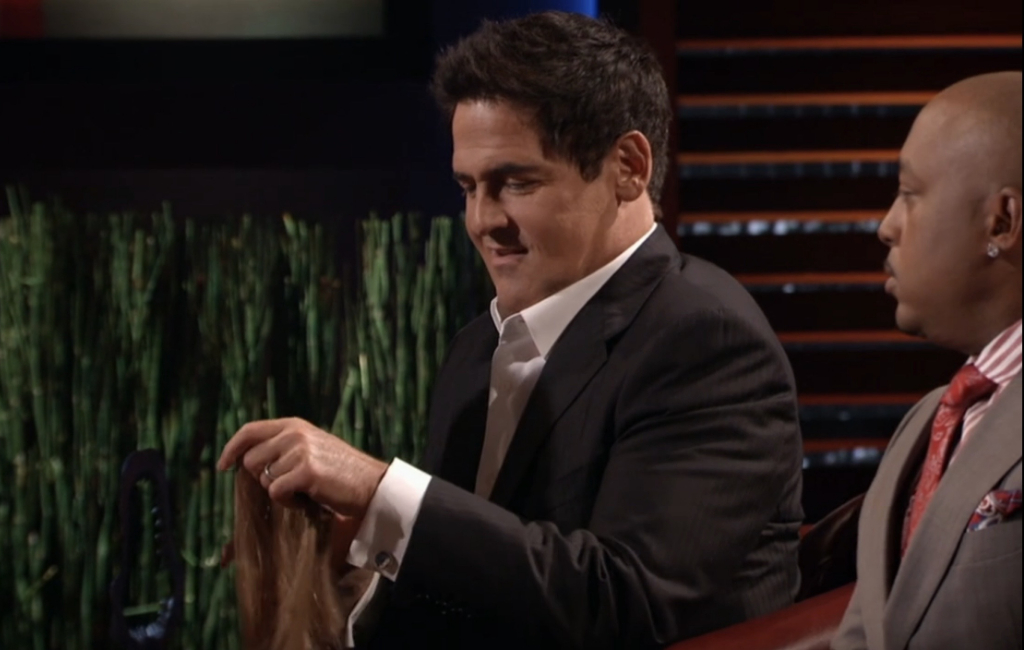
Mark Cuban highlighted the challenge of competing in a crowded market and questioned the company’s strategy for becoming a multi-million-dollar business. While he admired the product and the founders’ efforts, he ultimately decided not to invest. Daymond John also chose not to invest, citing concerns about the company’s reliance on marketing and the lack of a clear strategy for differentiation.

Kevin O’Leary, known for his straightforward approach, raised questions about the company’s financials and profitability, ultimately deciding to pass on the opportunity. Despite facing rejections from all the Sharks, Rachel and Melissa remained composed and resilient, expressing gratitude for the feedback and the opportunity to pitch their business. While they left the tank without a deal, they remained determined to continue growing their brand and exploring avenues for success.







